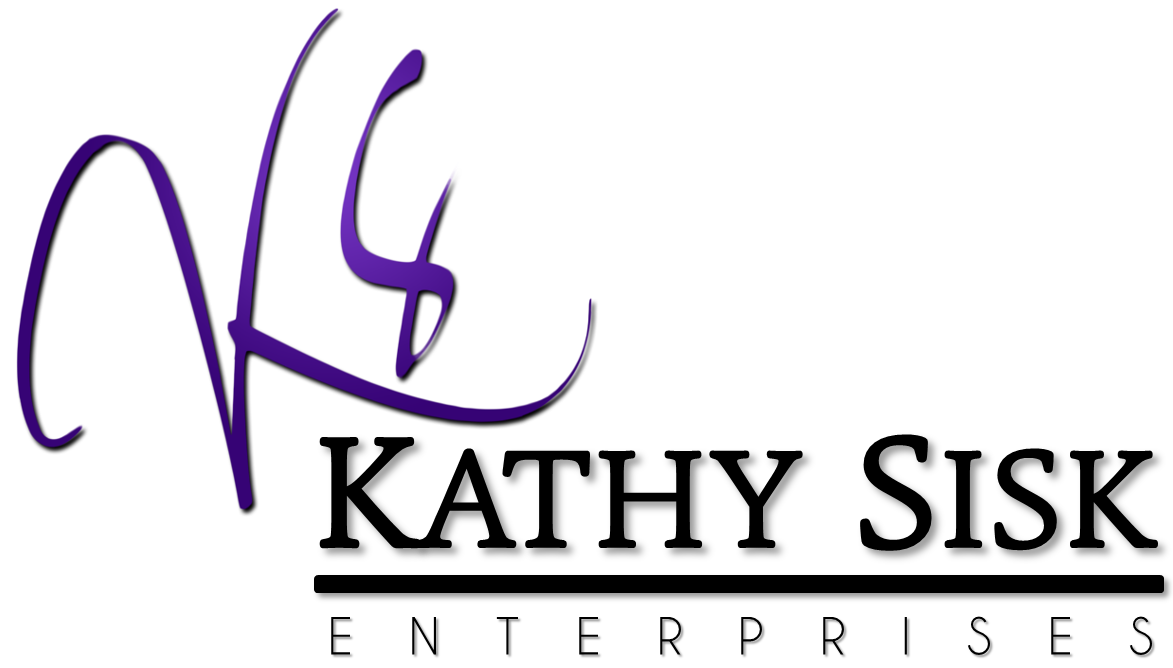We discussed the A and B level agent and how having 4 levels of agents will improve agent productivity, and lower agent burnout and turnover. This month we are finishing off with our C and D level agents.
The C Agent has been through extensive training such as selling and objection handling; more advance call handling. They are capable of overcoming resistance and not intimidated by objections. In fact, the C Agent thrives on the challenge. These agents are more independent and motivated and do well with higher pay and bonus structure. They believe stability is based on their ability to perform and they love the competitiveness. Most of the agents will still need some monitoring and managing, unless they are among the few that fit into the 5%-10% category who are completely self-reliant; these standouts belong to the next level.
The type of challenges the C Agent would handle are prospects in a pending status from the B Agent’s effort or could not make the sell due to an objection the B Agent was not able to overcome. The C Agent is more equipped to handle these challenges due to more intensive training was given, they strived harder to achieve the goals and or the agent has a natural ability to present and handle challenges well. The percentage of C Agents on the floor are around 20+%. Although they are not your core agents, they are your higher producers and when you recognize them as so, they will have greater job satisfaction. The type of data these agents would focus on are; reviving lost accounts, follow up on pending accounts, upsell, cross sell, and handling larger accounts.
The final level is the D Agent. Some call them Master or Senior Agents.These agents comprise of only about 5%-10% of your overall agents.Agents within this group sell above anyone else and are consistent. These are your “standouts”. Unfortunately, you will lose them if they feel they cannot be independent, creative and make more money. The compensation plan should be profitable for them. These agents should be separated from the rest of the group; they do not want anyone to know the tricks of their success. Typically, these agents will not be good managers or supervisors; they are too independent.
The D Agent is the department’s “cream of the crop” and they are rewarded with special privileges. For example, they can handle new inbound callers. Compared to anyone else, they are more equipped to convert inquiries into sales. They can be entrusted with larger accounts and call on pending accounts, renewals, reviving lost accounts and the like. It would not be an advantage to the center to give your average or mediocre agents the potentially higher more profitable accounts and risk losing 20 to 50+% in sales, when you can have a sure thing with your D Agent.
